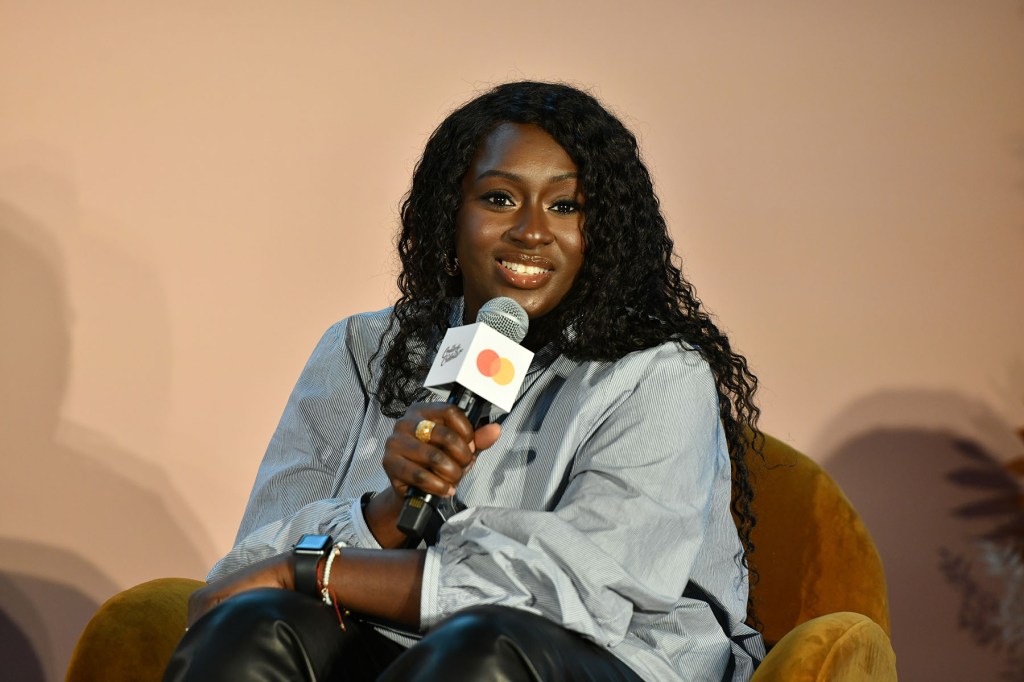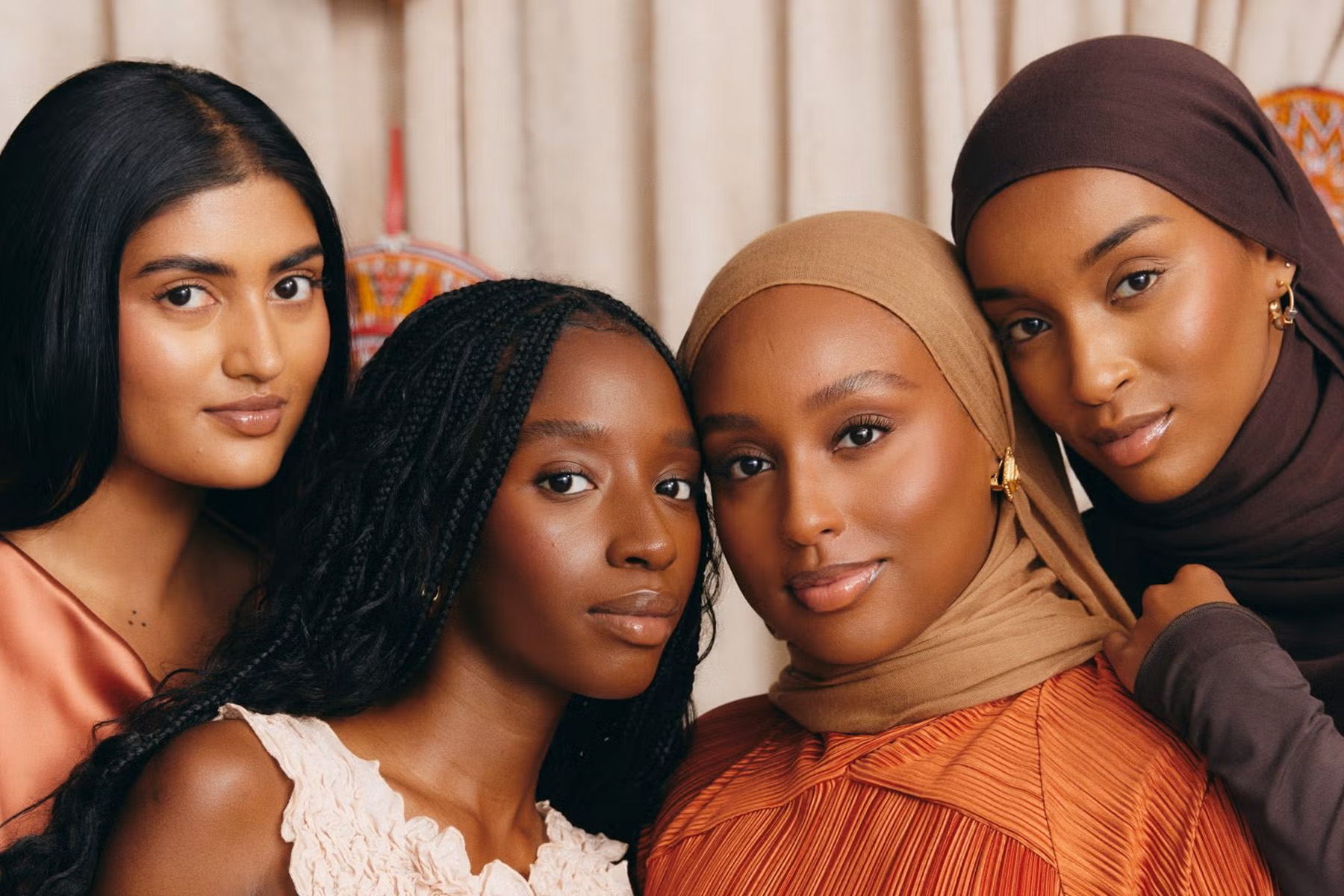Next month, beauty brand Ami Colé will shutter, marking an unfortunate reality for many Black-owned businesses — what happens when financial interest dries up?
Founder Diarrha N’Diaye-Mbaye’s July announcement, which she detailed for The Cut, shocked many across the beauty space.
In the piece, N’Diaye-Mbaye outlined the journey of starting her business, from growing up in her mother’s Harlem braiding salon to pitching Ami Colé — known for their innovation in lip oils and shade-inclusive makeup — to over 150 investors in 2019. After a surge in support for Black entrepreneurship following the murder of George Floyd in Minneapolis in 2020, N’Diaye-Mbaye said she received more interest in the brand, becoming one of 30 Black women to raise $1 million for her start-up within months.
But four years after her official launch, N’Diaye-Mbaye said growth at Sephora couldn’t compete with corporate brands, and scaling up production to meet potential demand came at a steep cost when online influence fluctuated.
“Instead of focusing on the healthy, sustainable future of the company and meeting the needs of our loyal fan base,” N’Diaye-Mbaye wrote, “I rode a temperamental wave of appraising investors — some of whom seemed to have an attitude toward equity and ‘betting big on inclusivity’ that changed its tune a lot, to my ears, from what it sounded like in 2020.”
This sentiment isn’t unique among Black entrepreneurs. Five years after venture capital firms, investors and consumers alike followed a wave of support for Black-owned businesses, interest in diverse brands has waned significantly. Through TikTok and other social media platforms, access to an audience has never been greater, but the capital needed to sustain brands at a high profile has dropped off.

Nationally, there has been a societal swing — in tandem with pressure from President Donald Trump’s administration — against intentional incorporation of diversity, equity and inclusion (DEI) in creators’ paths, with waning urgency to support these businesses en masse. And the amount of money flowing to Black-founded companies has hit a multiyear low, according to the business publication Crunchbase News. Only $730 million — 0.4 percent of all funding — went to startups with a Black founder or co-founder last year, down more than two-thirds from 2021. The startups that did receive funding were mostly in the tech or health spaces.
Esthetician and beauty influencer Tiara Willis said she has noticed that cultural shift in support over the last five years. Brands rushed to onboard diverse creators in the summer of 2020. Now, the long-term partnerships, increased shade ranges and targeted marketing seem to have wavered. N’Diaye-Mbaye’s struggle to meet demand as influencers promoted her products is something that would have been covered by investors who were in it for the long haul, Willis said.
She pointed to celebrity founders like Hailey Bieber, whose Rhode makeup and skin care brand began with millions of dollars to swing big while starting her business. Rhode was acquired by e.l.f Beauty for $1 billion in May.
“They rarely ever start by themselves, like the rest of us do — they already have someone on their team,” Willis told The 19th. “Trying to build your own brand while trying to compete with companies who are able to launch products every two seconds, and are able to fill retail space and have less obstacles than brands like Ami Colé — it’s not entirely surprising she wasn’t able to keep up.”
Black creators voiced concern immediately following N’Diaye-Mbaye’s announcement, calling her brand’s shuttering “disheartening” and indicative of larger trends in the Black beauty space. Being able to trust that a brand like Ami Colé would have inclusive shade ranges and products by virtue of their leadership made shopping simpler, some said on social media.
Sephora store shelves reflect a mad dash to support Ami Colé and restock on favorites before the brand officially closes in September. Sales associates told The 19th that the lip oils had sold out online and in store immediately following the announcement, though the demand for other products has slowed since.
But consumers should not feel the pressure to support Black-owned businesses when the larger issue is who has access to capital and investors, some creators pointed out. The issue isn’t the lack of customers, Javon Ford, a cosmetic chemist and entrepreneur, said in a recent TikTok video.
“That is not a sustainable business model. The issue is money. It’s capital. Operating in a retailer like Sephora is expensive,” Ford said. “That’s how cutthroat retail is when you scale to a certain extent, and this is also why exit strategies are important, because it’s really hard to keep up with legacy brands.”
Willis echoed the unstable environment in which Black influencers like herself find themselves: “It creates financial insecurity, where I get the most support of brands based on what’s going on in the news, versus getting support because of my work and my talent and the things I provide to the table.”





